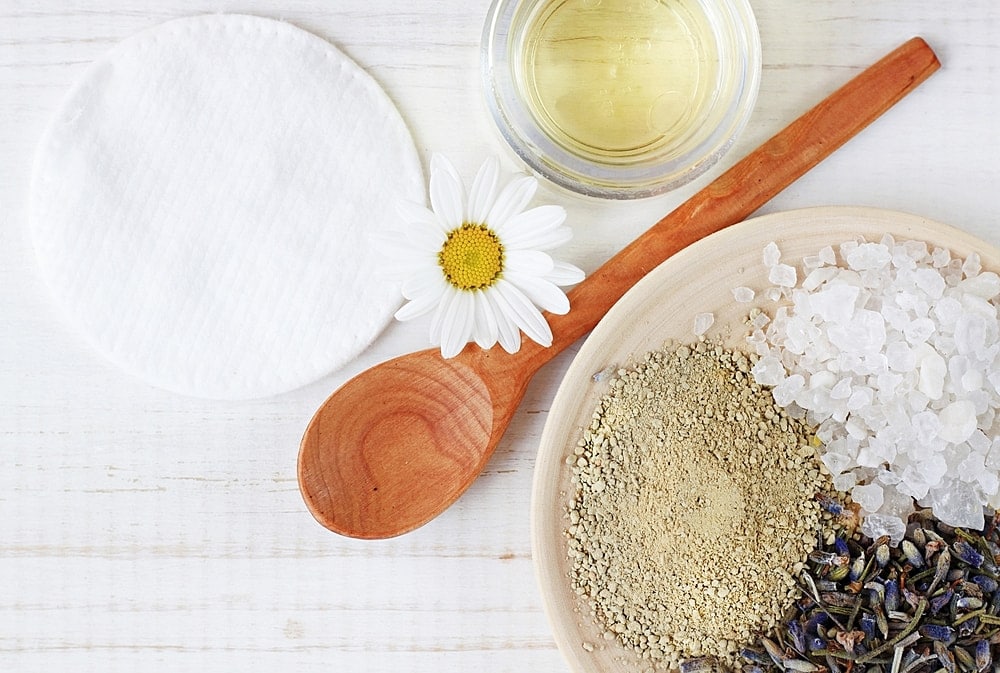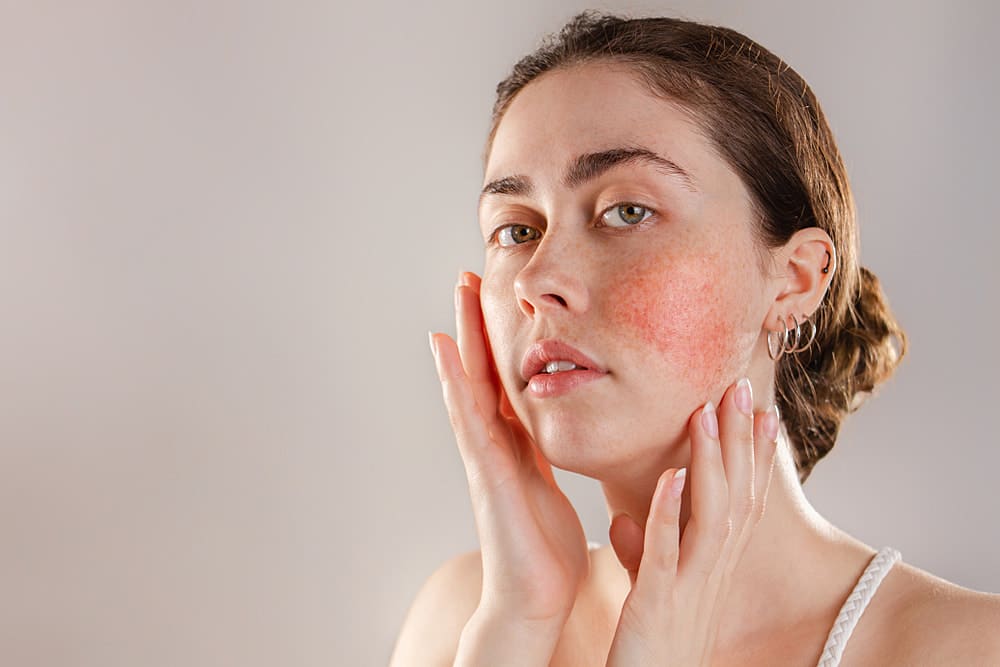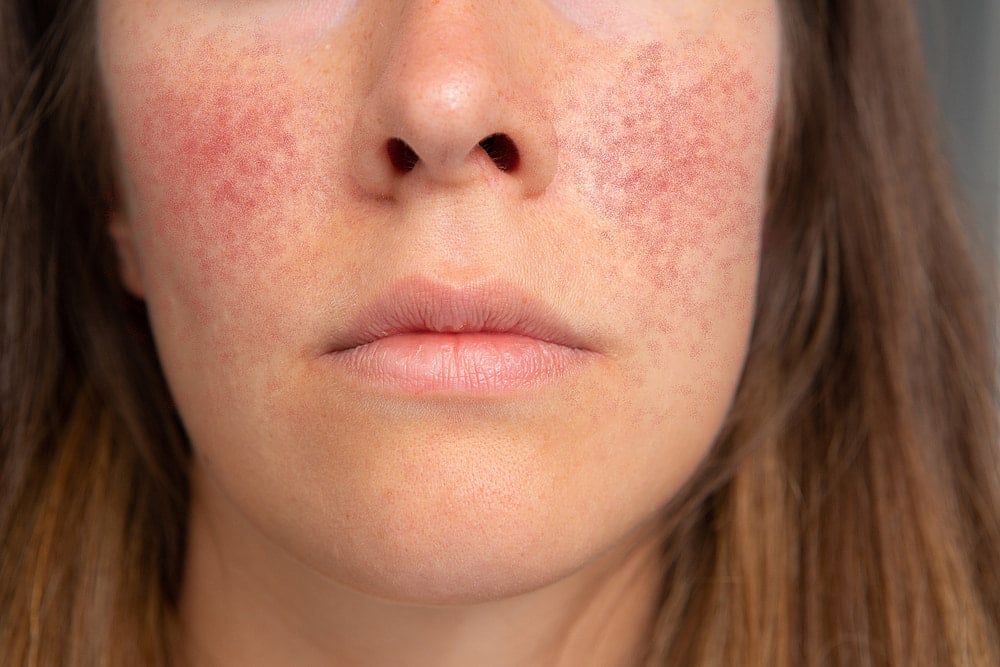


Have you noticed some redness that persists on parts of your face, like your cheeks, nose, chin, forehead or neck, even when the weather isn’t that hot? Then chances are that you may have rosacea.
It is a chronic inflammatory skin condition that primarily affects the face. Small pus-filled bumps are typical signs of the condition and can cause a burning sensation. Depending on the extent of the symptoms, rosacea can be distinguished as mild or severe.
At the same time, mild rosacea can sometimes be confused with acne or rashes because of the redness being less apparent than moderate and severe rosacea. Knowing what mild rosacea symptoms are like can help you get an accurate diagnosis and seek early treatment. This is important because rosacea symptoms tend to worsen without treatment.
Mild rosacea usually includes symptoms that are similar to moderate or severe cases, while being less severe. For instance, the redness on the face for someone with mild rosacea might last for an hour or more whereas for someone with moderate or severe rosacea it can last for days or even weeks.
The subtypes of rosacea that are considered mild include:
Other than some redness and inflammation of the skin, mild rosacea is not linked to any major health risk. However, it can lead to feelings of embarrassment, lowered self-esteem and self-confidence, anxiety, and depression.
Fortunately, there are rosacea treatments in Singapore available to help relieve the symptoms. These include laser therapies, electrosurgery, dermabrasion, and prescribed medications, like azelaic acid, metronidazole, doxycycline, and isotretinoin.
Some people with mild rosacea may have a red flush underneath their skin. This is regardless of weather conditions. For others, mild rosacea can manifest as small pimples or pus-filled bumps.
If you have mild rosacea, your symptoms may be intermittent or fluctuate and sometimes can be barely noticeable. Mild rosacea can sometimes be mistaken for other conditions characterised by redness of skin, like acne, lupus, psoriasis, seborrheic dermatitis, and steroid-induced acne.
If you suspect you have rosacea and want to get an accurate diagnosis, you should consult a specialist as soon as possible. When rosacea is in its mild stage, you can take remedial steps before it gets worse.

Mild rosacea shares many of the symptoms found in moderate to severe cases. However, the symptoms of mild rosacea are less severe in terms of the following:
In some cases, it is possible to develop rosacea symptoms without any other symptoms. For instance, ocular rosacea can be the first indication of facial rosacea, allowing your dermatologist to identify the severity of your rosacea based on the combination of symptoms.
Researchers have yet to pinpoint the exact causes of rosacea, be it mild, moderate or severe. However, there are various probable causes for rosacea, such as an overactive immune system, heredity, environmental factors and a combination of these factors. Luckily, rosacea is not contagious and cannot be spread by touch.
You are more likely to develop rosacea if you:
If you have mild rosacea, it’s crucial to identify what triggers your symptoms so that you can take steps to avoid these triggers. Some of the most common ones are listed below.
Treatments for mild rosacea will vary from person to person based on their symptoms and triggers. However, the most common treatments often involve topical creams, oral medications, and laser therapy.
If you are considering a rosacea treatment in Singapore, you should consult a qualified medical professional for proper advice and guidance. Here at SL Aesthetic Clinic, our panel of doctors are well-trained to diagnose and treat rosacea. We’re happy to address any questions or concerns you have. So contact us today to book a consultation.
Like what you read? Share them!